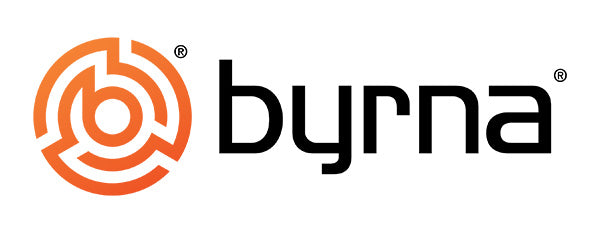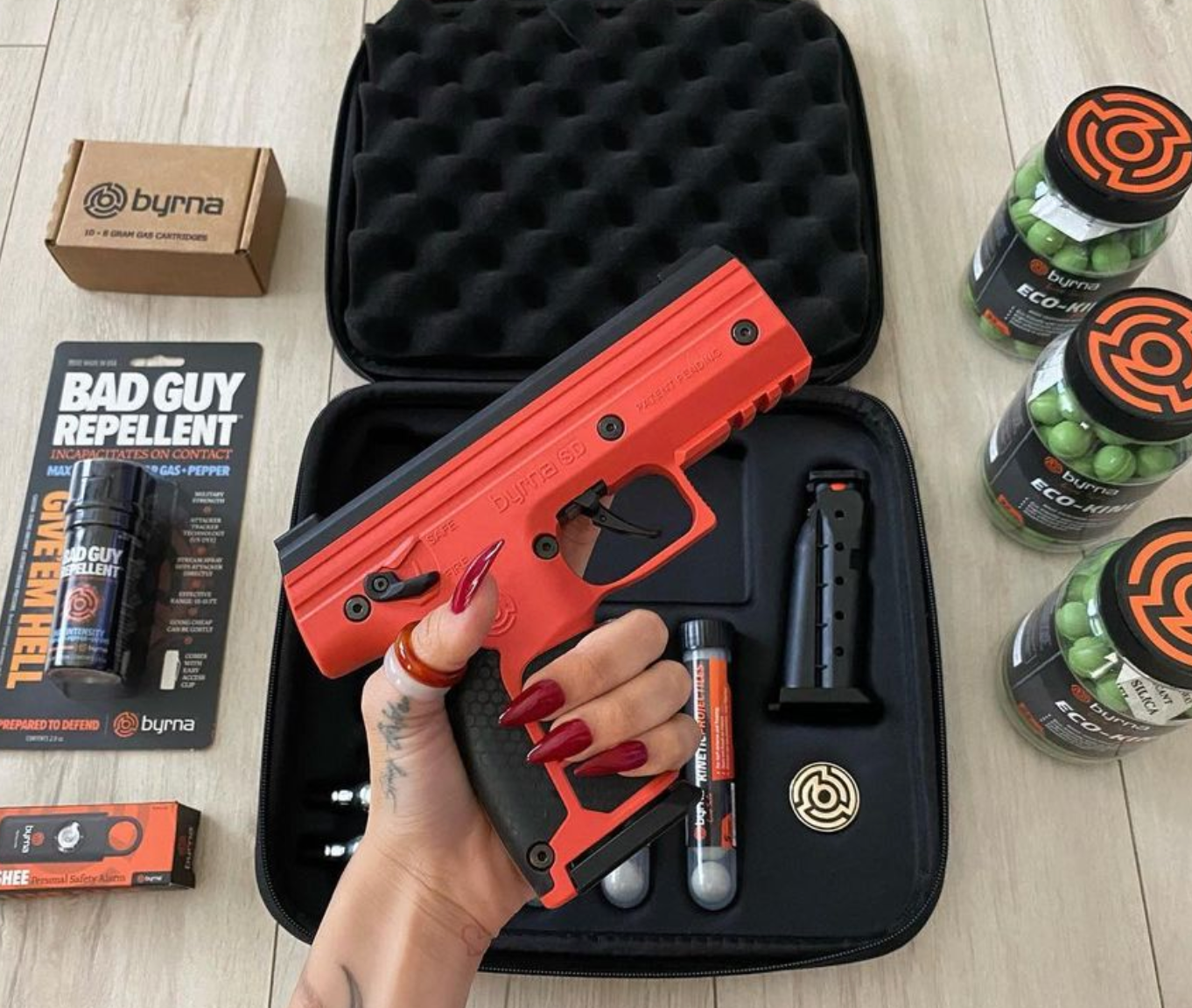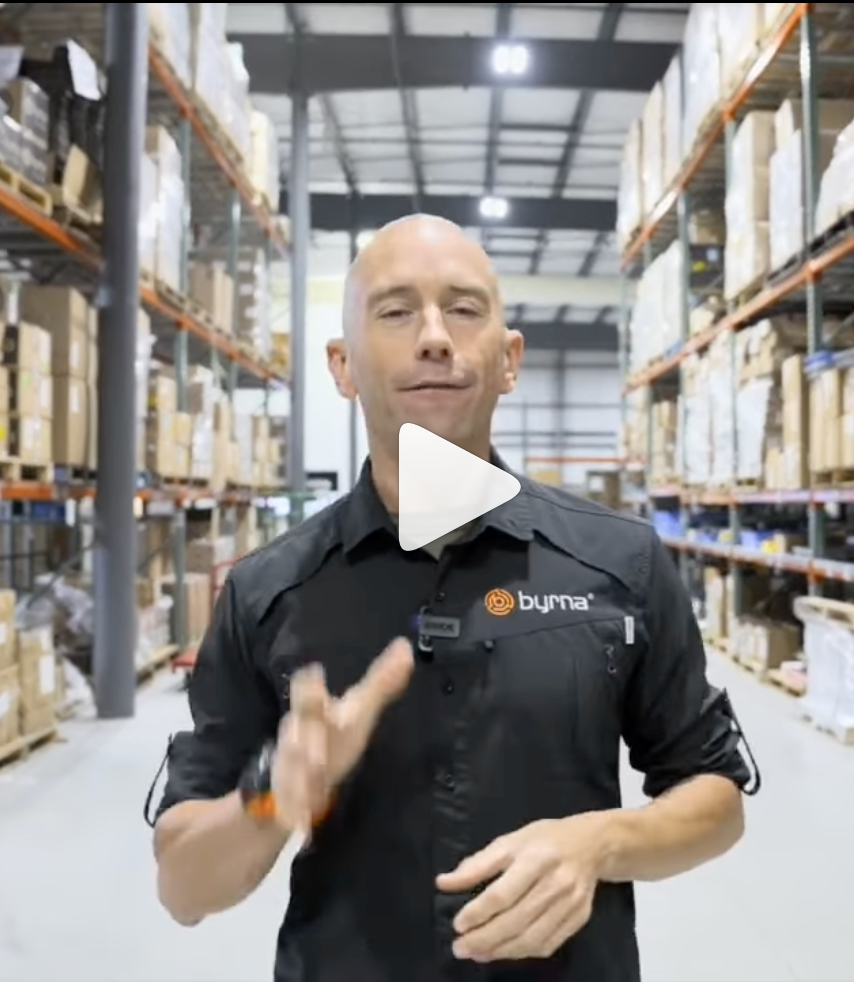
Safety issues for children in Canada are increasing. You definitely want to protect your kids from possible dangers online and offline, right? Sometimes you worry about bullying at school, strangers, and threats in the neighborhood. No matter the case, you need to learn how to guard your children better than ever before.
In this post, you'll get helpful tips and methods to keep your kids safe. Discover self-defense techniques, online safety habits, and community support programs. Here, you'll find advice and expert opinions to help you protect and empower your little ones. You will be ready for anything!
So let's get started - and talk about the details!
Table of Contents
The Risks Kids Face
Guarding your kids means you have to be aware of physical and online threats. Let's talk about these dangers and see how you can help your children stay safe.
Think about cyberbullying in Canada - it's a big problem. You'll find it on all devices from smartphones to gaming systems. Extreme and regular bullying can cause worry and depression in your kids. Can you imagine your child struggling with school because they're always stressed from online harassment? You can start by watching their online activities and setting clear rules about internet use. While you might feel uneasy about invading their privacy, open conversations about their experiences can really make a difference.
Sometimes they mean serious threats of physical harm - and these should be reported to the police right away. Because the anonymity on the internet makes it harder to pin down bullies and predators. Online abuse can spread faster, increasing your child's suffering. So, being aware of these dangers and taking preventative steps is crucial. You should also explain privacy settings and talk about the dangers of interacting with strangers. Honestly, conversations like this are tough but needed. This understanding helps stop life-threatening situations.

Look at stranger danger - I'm talking about a real-world problem. It's an online one too. Kids sometimes don't realize the troubles of speaking with strangers online. You should explain the importance of privacy settings and just keep an eye on their interactions. Sure, these conversations might feel awkward but they're needed for keeping your child safe. Kids need to know that not everything online is friendly or harmless. This knowledge can stop a lot of potential threats.
Recognizing that kids face threats at home is just as needed. Domestic violence can have extreme effects, causing behavioral and emotional problems. Children under coercive control from a parent may actually struggle long-term with identity and self-worth. If you suspect these issues at home, act immediately. Looking for professional help is essential. Tackling these problems can help your child feel safe and appreciated at home. Their environment should be a place of security.
Teaching self-defense is another step you can take. Self-defense can empower your child by improving their confidence. It helps them handle bullies better. But it's not just about the physical skills - it's also about teaching toughness and assertiveness. Self-defense classes give you helpful experiences and can be a way for your kids to learn how to stand up for themselves. These classes help with their confidence and safety in many situations.
Finally, keep an open dialogue and really stay actively involved in your children's lives. Being involved definitely helps you see and stop dangers early on - it will protect them from a lot of threats! Your effort to talk and participate in their lives will go a long way.
Should Kids Learn Self-Defense Skills?
You should stay around your kids so they have self-defense skills - because it can be wild. These classes will show you how to block a punch and also build confidence and discipline. You can imagine your child entering any situation standing tall and sure of themselves. That's a big deal! Who wouldn't want them to feel that way?
Sometimes you might worry about self-defense classes making kids too confident - maybe even cocky. You could also fear they might misuse what they learn. But here's the thing: reliable programs stress discipline first. They teach you when to use those skills and how to handle situations wisely. That's really a strong message.
In Canada, you can find lots of options. Martial arts like Brazilian Jiu-Jitsu and kickboxing are very popular. Mixed martial arts and Muay-Thai also make the list. When you're picking a class, look for ones that stress personal growth and responsibility. Adding a number of styles can be helpful too. Your child might connect with one form of martial art more than another. In fact, variety keeps things interesting for them.

Try talking to parents who've chosen these classes for their kids. Actually, one parent shared how their child became more aware of their surroundings - both physical skills and mental readiness. A well-chosen program builds up these aspects. Experts say these classes can make kids less likely to be bullies. That's a double win! Kids learn to stand up for themselves and respect others.
Remember, picking the right instructor is crucial. Look for experienced instructors who've worked with kids before. They will know how to teach without creating fear. Powerful lessons come from knowledgeable and empathetic teachers - in fact, one parent shared how their son's instructor became a mentor, not just a teacher.
Next, let's see how schools help to keep you safe every day!
The Role Of Schools In Child Safety
Schools really help keep kids safe. They do this by making a protected place for learning and finding kids at risk. Staff members get training in child protection, and there's a process to check new employees. This way you can be sure everyone working with children is qualified.
You might wonder what safety programs are available. PSHE classes teach you how to protect yourself from abuse and risky things. School safety workshops and community activities get you and other parents involved, which makes a supportive network. You'll also find info sessions on mental health and threat assessments which give valuable knowledge to you and your kids. The goal is making safety a well-rounded approach.
If you want, you can get more involved by joining school safety events and workshops. Try volunteering on campus or at school events to feel more connected and keep an eye on safety issues. Open lines of communication with the school really help. A quick phone call, email, or even a message on social media can make a difference! Schools usually welcome this type of dialogue.

Working together with the school is a big part. It builds trust and leads to open talk. When you and the school are on the same page, it creates a stronger start with keeping kids safe. This teamwork leads to better safety measures in schools.
Have you heard about successful programs like Dads on Duty Even though it's a program in the US, it shows what can happen when parents get involved. This group creates a peaceful environment by being present on campus. We need more programs like this here in Canada.
Sometimes you might feel more safety steps are needed. Don't hesitate to write down your concerns and follow the set chain of command. You can also look for outside help. Tackling your issues early can lead to real changes.
A key part of keeping kids safe is provincial and territorial child protection laws. These laws outline when a child needs protection - like in cases of physical abuse and neglect. Schools and child welfare agencies must team up to help kids who face these issues. Safety is the foundation if doing well in school is a big part of a child's success.
How Community Can Support Child Safety
You could be surprised by how essential your community is in keeping your child safe. Get involved with neighborhood watch programs because they give you a fantastic start! These programs create teamwork among residents and let you actively participate in crime prevention. Picture this: you know your neighbors have your back. They create a united front against any criminal activities.
You'll find that reliable training and helpful technology can assist quite a bit. Go to community centers offering self-defense classes to learn useful skills for kids and adults. These classes help with physical defense techniques. They also aid in communication skills while giving conflict-resolution training. Think about it - knowing how to handle difficult situations can be eye-opening for your kids. This can boost their confidence and preparedness in real life.
Do you ever think about how schools can help with all this? Neighborhood watch programs sometimes work with local schools for educational safety programs. These initiatives are excellent for helping children appreciate the importance of security from a young age. Creating a culture of safety starts at home and extends to school. This helps everyone involved - this strategy leads to responsibility and awareness.

At the same time, partnerships with local businesses and organizations enhance community safety work. Businesses can offer you financial support. Community organizations can provide the expertise and outreach needed for these safety initiatives. Just to give you an example - a business might fund a self-defense class at a community center. This collaborative effort focuses on creating a safer environment for your children. Using local resources magnifies the results.
You should stress the importance of strong community bonds - which are crucial during emergencies. Neighborhood watch programs also start with disaster preparedness and emergency response. A lot of communities in Canada have shown admirable toughness by working together during crises. They ensure that children remain safe. These efforts can save lives and maintain stability.
In addition, child protection agencies in Canada have the authority to step in when needed. Community prevention initiatives strive to create safer environments proactively. Start with expanding formal and informal community resources - set up a culture of collective responsibility for child safety. This proactive approach is more effective.
This could seem obvious, but it goes to show a broader point about community vigilance and shared responsibility. These guidelines protect our kids by creating a safe environment. Following these recommendations can help reduce dangers substantially.
Overall, joining your local neighborhood watch program or advocating for self-defense classes at your community center can make a difference. I'm talking about your own kids and creating a network of safety that benefits all children. Imagine the peace of mind this can bring - your involvement makes a difference!
Building Trust And Communication At Home
You can really help your child by keeping communication lines open and maintaining trust within your family. When your child feels comfortable talking to you about their issues and fears - your relationship grows stronger. Their health improves quite a bit because feeling heard and reassured gives your child confidence and peace of mind.
Sometimes, sit down with your child and ask open-ended questions. This often leads them to freely share their thoughts and feelings. Just to give you an example, instead of "Did you have a fun day?" try asking "What was the most exciting part of your day?" This little change can open up a whole world of conversation. Encouraging them to talk more helps you get to know their experiences better.
Interestingly, empathy plays an incredible role. When you have conversations with your child - actively listen. Make eye contact, nod your head, and respond. Saying "I hear you" or "That sounds tough!" can validate their emotions and show you care. Child experts say this validation can really help with a child's self-esteem and trust in you. They feel more appreciated and respected.

Creating a safe environment for conversations is essential. Life can be busy but prioritizing family time is vital. It's good to connect with your child in activities that welcome conversation like playing board games, cooking together, and taking evening walks. These moments create opportunities for you to connect - shared activities sometimes cause relaxed conversations.
Generally, being upfront about your own thoughts, feelings, and mistakes shows your child you are sincere. Sharing personal stories and experiences when it's a wise choice makes you more relatable and approachable. When you open up - your child feels safe to do the same. It creates a comfortable and trusting relationship.
Respectful communication means valuing your child's background, choices, and circumstances. Always welcome their independence in thoughtful ways and talk about expectations openly. This could include giving a teenager their space while still being available for support. Open discussions help your child feel more confident in their choices.
Actually, clear expectations help avoid misunderstandings. When things change - communicate it. Clear and open communication helps everyone feel more secure and heard. Professional advice suggests talking about changes together to show your child that their opinions matter. This strategy creates a sense of inclusion and respect.
Always do what you promise. Follow through on commitments - if you promise to be at their game, make sure you are there. Reliability shows that you are someone they can count on - which is fundamental for building trust. Your presence shows that your promises mean something.
Honestly, doing these practices may not always be easy, but the advantages for your child's sense of security and trust are abundant. Your work today can strengthen your bond and impact their future positively. Building this foundation takes time - but it's worth it!
Protect Yourself and Your Family
When it comes to it, keeping your kids safe means staying aware, getting educated, and being active in their lives every single day. You need to remember the conversations we've had - like communicating openly about internet safety and signing up for self-defense classes. These kinds of things don't just stop bad things from happening right away - they also make your kids feel more confident and ready for anything. You'll feel so proud and relieved knowing your child is able to manage challenges head-on.
So think about how much the community and schools really matter in keeping your child safe. Isn't it mind-blowing how everyone working together and school programs can make things quite a bit safer? When everyone pitches in, kids feel much more supported and protected. It's a comforting thought, right? Have you thought about how joining in on these community efforts can keep your kids even safer?
Speaking of which, you know having solid self-defense options really helps build this safety net. Definitely check us out at Byrna Canada. We have some of the best less-lethal self-defense gear out there! We carry everything from pistols and rifles to CO2 cartridges and sirens - designed just for people in Canada.

How often do you find something that doesn't need background checks, is legal across all provinces, and you can get it delivered right to your door?
This peace of mind and confidence will make a difference in your life. So head over to Byrna.ca to see everything we have to offer. We even have free shipping on all launcher orders - keeping your family safe is a promise, and Byrna Canada is here to help you keep it every step of the way!




